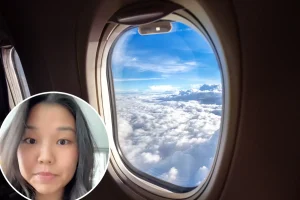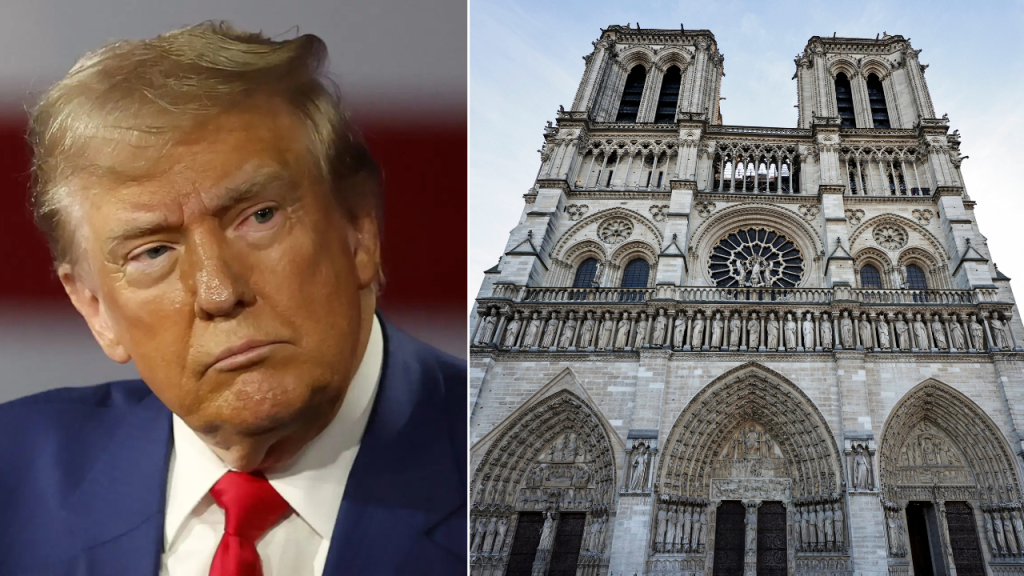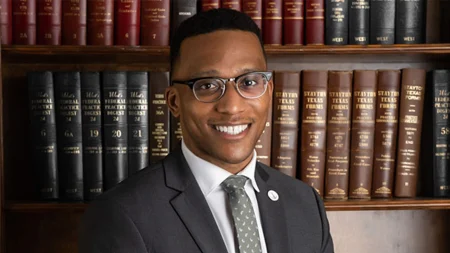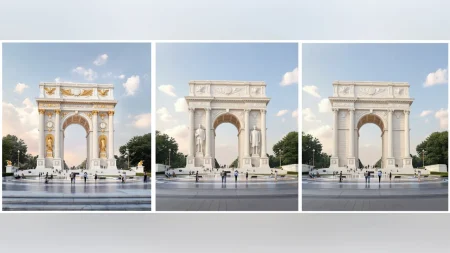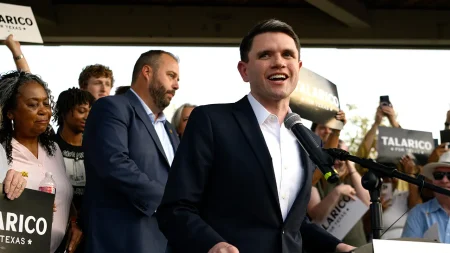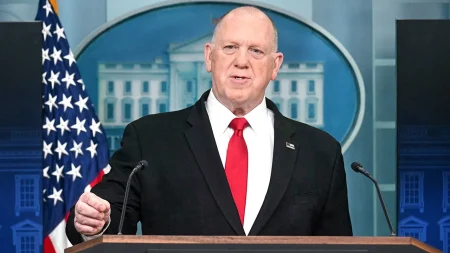President-elect Donald Trump’s upcoming visit to France for the reopening of Notre Dame Cathedral signifies a significant moment in his post-election activities, marking his first international trip since securing his second term. This visit, scheduled for this weekend, places him alongside other world leaders in celebrating the culmination of a remarkable restoration project. The cathedral, severely damaged by a devastating fire in 2019, has undergone extensive renovations costing 700 million euros, funded by contributions from 150 countries. The project meticulously employed 13th-century carpentry techniques, showcasing a dedication to preserving the historical integrity of this iconic landmark. Trump’s presence at the event, extended by French President Emmanuel Macron, underscores the importance of the Franco-American relationship as he embarks on his second term.
The event itself, shrouded in tight security measures comparable to those employed during the Paris Olympics, will be an exclusive affair, with an estimated 50 heads of state in attendance, according to Paris Police Chief Laurent Nuñez. While the exact list of attendees remains undisclosed, the presence of First Lady Jill Biden, representing the United States, highlights the significance of the occasion. President Biden will not be attending, a detail that further accentuates the focus on Trump’s presence and the evolving dynamics between the US and its allies. The celebratory reopening of Notre Dame offers a symbolic backdrop for international diplomacy and underscores the cathedral’s enduring importance as a cultural touchstone.
The relationship between Trump and Macron has been a complex one, characterized by both cooperation and tension. Despite occasional public disagreements during Trump’s first term, Macron has, at times, demonstrated a level of respect towards Trump not always exhibited by other NATO leaders. Their interactions, sometimes described as a “bromance” by observers, have included notable moments such as the 2017 Bastille Day military parade in Paris, which served to reinforce the long-standing alliance between the two nations. This history provides a foundation for their interactions as Trump begins his second term, with the Notre Dame event offering an opportunity to reset and potentially strengthen their relationship.
One recurring point of contention between Trump and other NATO leaders has been his insistence on increased defense spending from member countries and his overall skepticism about the alliance’s efficacy. This stance has led to clashes with leaders like German Chancellor Angela Merkel. Furthermore, the infamous hot-mic incident during the 2019 NATO summit, where several world leaders, including Macron, were caught seemingly mocking Trump, exemplifies the challenges in the transatlantic relationship. These past tensions add another layer of complexity to Trump’s current visit to France and his interactions with Macron and other world leaders.
Despite past friction, the global political landscape appears to acknowledge the significance of maintaining a positive relationship with the re-elected US president. Recent examples, such as Canadian Prime Minister Justin Trudeau’s visit to Trump’s Florida resort following trade tariff threats and British Prime Minister Keir Starmer’s emphasis on the “special relationship” between their countries, highlight this trend. These instances suggest a shift towards pragmatism and a recognition of the need for effective communication and cooperation with the incoming Trump administration.
Trump’s visit to France coincides with a period of political instability within the French government. Following a no-confidence vote that ousted his prime minister, Macron now faces calls for his own resignation. The backdrop of domestic political challenges adds another dimension to Trump’s visit, potentially influencing the dynamics of his interactions with Macron. The reopening of Notre Dame, while a celebration of resilience and restoration, also serves as a stage for international relations and political maneuvering amidst a complex global and domestic landscape.
